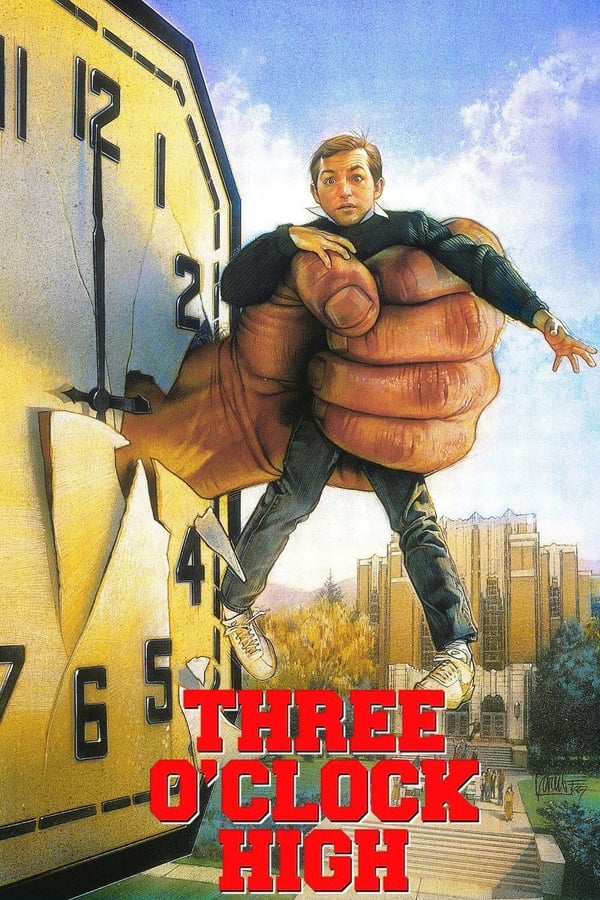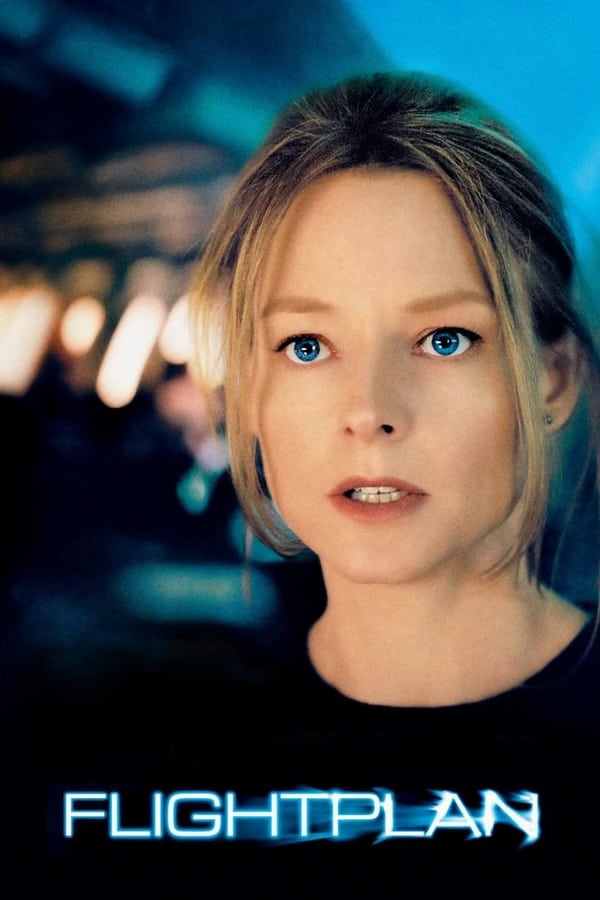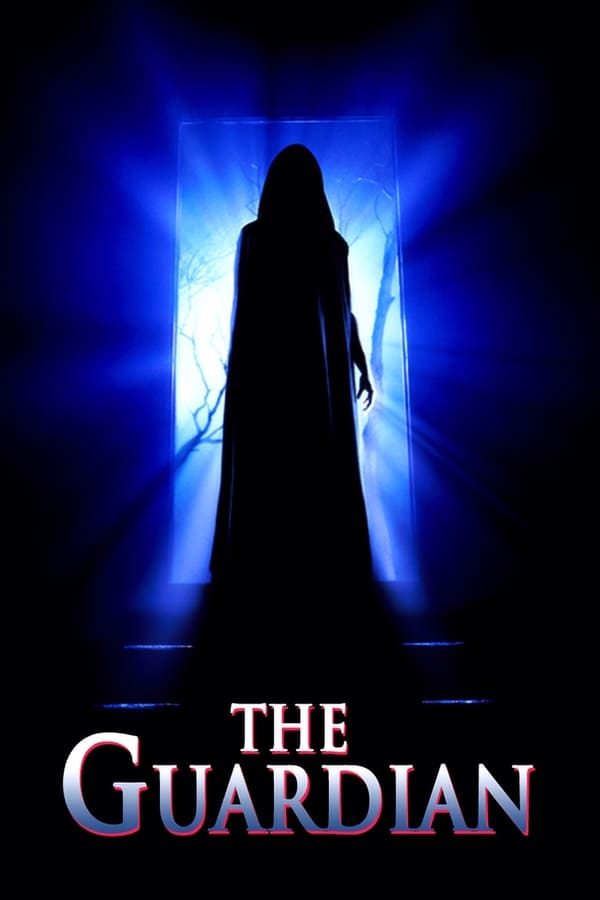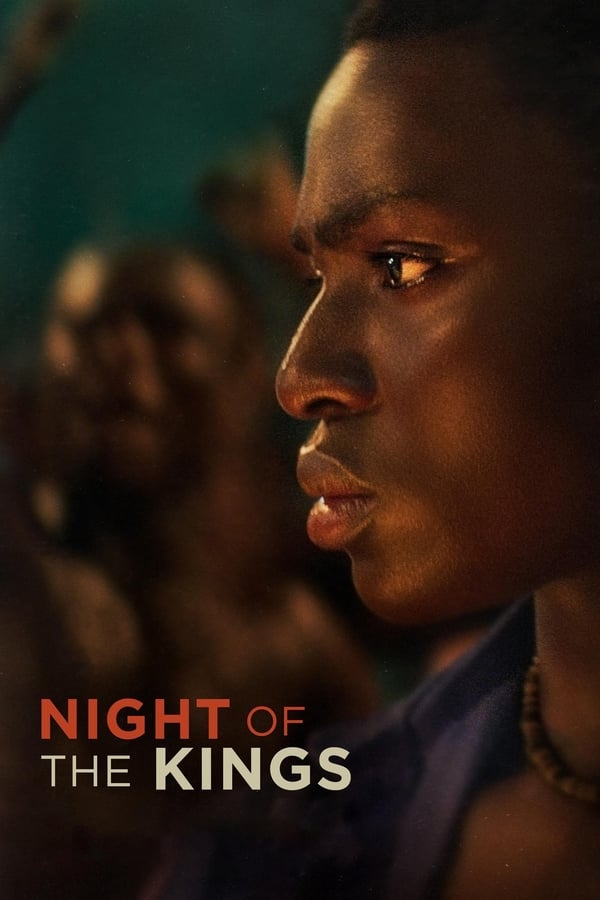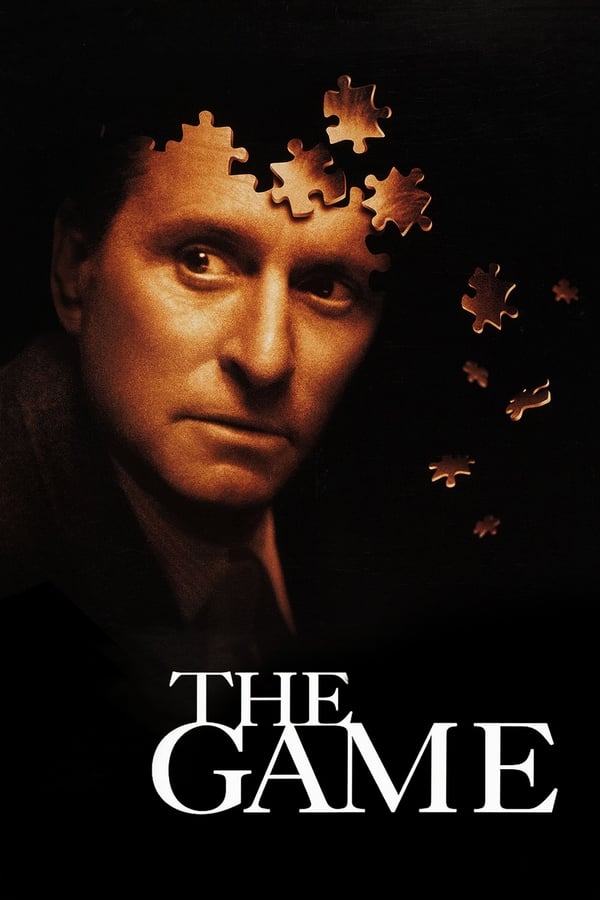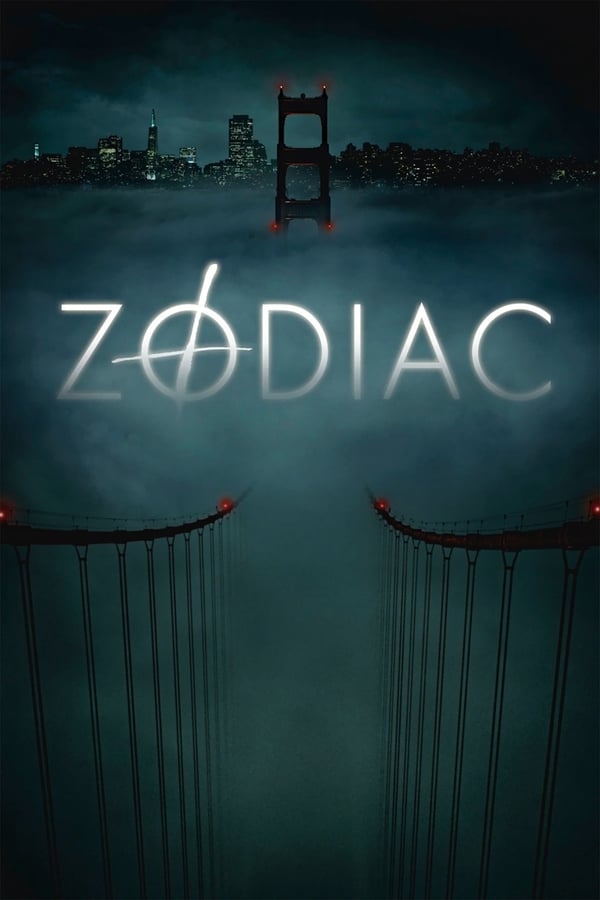Busy days, so here's a couple of things to catch up...
First, I was a guest for a third time on Brian Skutle's Sonic Cinema, this time to talk about David Fincher's The Game. You can check it out here:
Sonic Cinema Episode 141 – Discussing “The Game”
Also available on YouTube, Spotify, Apple Podcasts, etc.
Second, I was also a guest on Forgotten Filmcast, to discuss a "forgotten" but still a bit interesting film called Holocaust 2000 (which I reviewed here a while ago). You can check it out here:
Forgotten Filmcast Episode 195: Holocaust 2000
Again, also available on most podcasting and streaming platforms.
And finally, if you can tolerate more than two spoonfuls of me, then check out my own episode on David Fincher on The Movie Loot. I met with academic and writer Richard Dyer, and we talked about his work and career, and shared our Top 5 Fincher films. Check it out here:
The Movie Loot 90: The Fincher Loot (with Richard Dyer)
Also available on Spotify, Apple Podcasts, Google Podcasts, and other streaming platforms.
Enjoy!
First, I was a guest for a third time on Brian Skutle's Sonic Cinema, this time to talk about David Fincher's The Game. You can check it out here:
Sonic Cinema Episode 141 – Discussing “The Game”
Also available on YouTube, Spotify, Apple Podcasts, etc.
Second, I was also a guest on Forgotten Filmcast, to discuss a "forgotten" but still a bit interesting film called Holocaust 2000 (which I reviewed here a while ago). You can check it out here:
Forgotten Filmcast Episode 195: Holocaust 2000
Again, also available on most podcasting and streaming platforms.
And finally, if you can tolerate more than two spoonfuls of me, then check out my own episode on David Fincher on The Movie Loot. I met with academic and writer Richard Dyer, and we talked about his work and career, and shared our Top 5 Fincher films. Check it out here:
The Movie Loot 90: The Fincher Loot (with Richard Dyer)
Also available on Spotify, Apple Podcasts, Google Podcasts, and other streaming platforms.
Enjoy!
__________________
 Check out my podcast:
Check out my podcast: 






